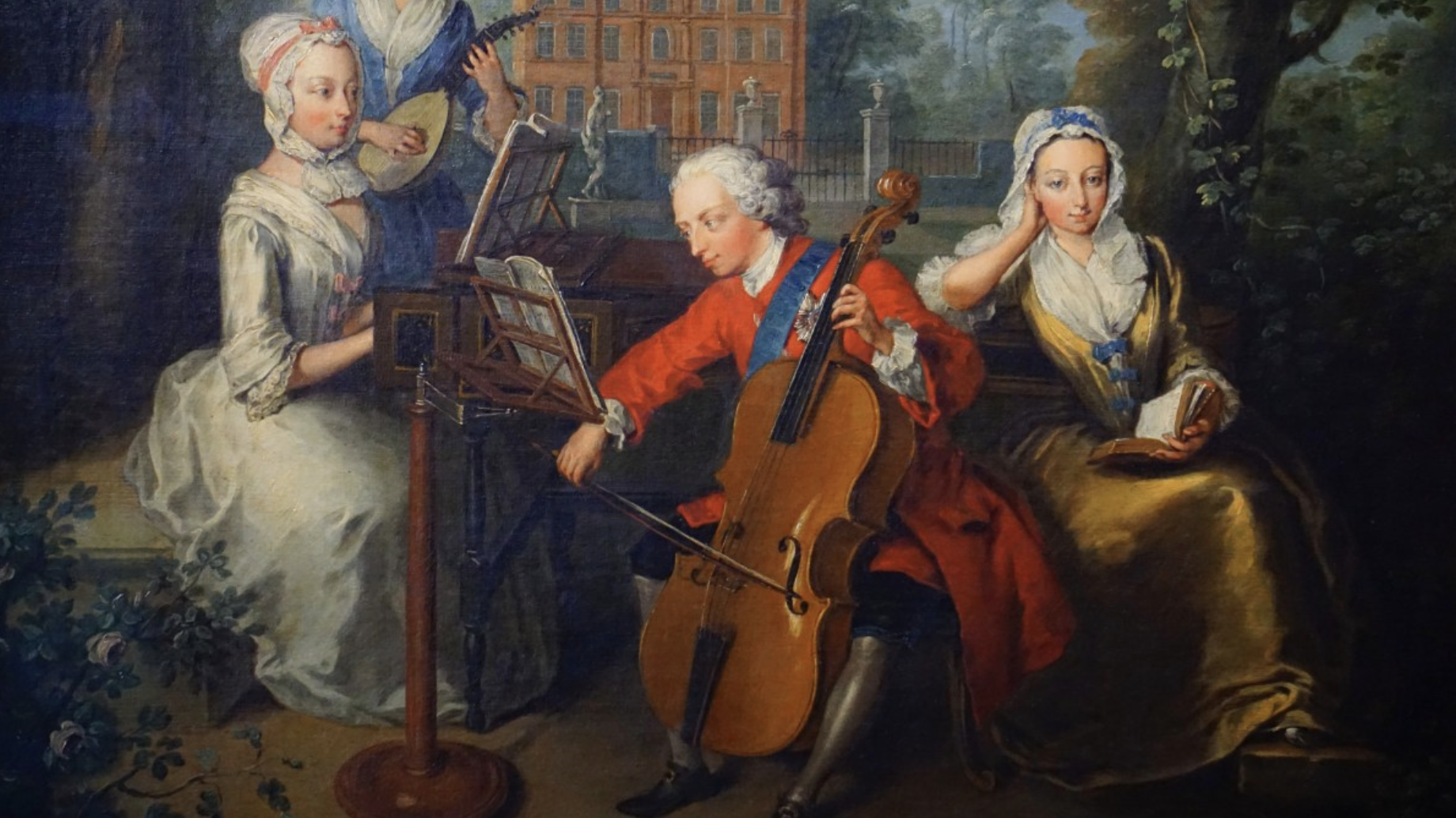The Most Diverse Classical Music Period Was the
Musical practices and conventions perhaps conveyed by travelling musicians brought a wealth of diversity and invention. Influences from the west to the east merged into the pre-Christian music of the Greeks and later the Romans.

Musical Periods The History Of Classical Music Musicnotes Now
Classical music has a lighter clearer texture than Baroque music but a more sophisticated use of form.

. The 20th century is the most diverse Classical Musicperiod. This morning while putting my phone down I accidentally hit my Pandora and the Classical station came on. In the postmodern period music has.
Click card to see definition. The dates of the Classical period in Western music are generally accepted as being between about 1750 and 1820. See answer 1 Best Answer.
Though this period didnt add any majorly new instrumentation the harpsichord was officially. It is mainly homophonic using a clear melody line over a subordinate chordal accompaniment but. Beethoven Symphony 8 performed by the Black Pearl Chamber Orchestra at the Pennsylvania Convention Center in March 2009.
Surviving Greek notation from this period of musical history has given scientists and musicologists. 000 415. Renaissance literally means rebirth.
The classical music era is usually seen as the years between approximately 1750 and 1820. This period also saw the development of the concerto symphony sonata trio and quartet. The Renaissance Music Era.
Composers also introduced improvisation into their design and the bass and keyboard allowed. A Norm of Common Culture Embedded J IRASM 47 2016 2. Musicologists generally say that we are in the postmodernist or contemporary.
A dominant feature of the Classical period of music is heard in the construction of the melody. Bach Baroque Beethoven Classical Tchaikovsky Romantic Shostakovich Contemporary Baroque 1600 - 1750 The Baroque period marked the beginning of what is commonly considered classical music. Regular or periodic phrasing is common in the music of many Classical composers.
Music during this time developed from Renaissance music into the tonal music with which we are familiar today. The best-known composers from this period are Joseph Haydn Wolfgang Amadeus Mozart Ludwig van Beethoven and Franz Schubert. A movement beginning in the second half of the 19th century that is characterized by a strong emphasis on national elements and resources in the music.
The Baroque period ushered in a surge of instrumental musical revelry and secular music became more prevalent than ever before. After its creation in 1992 particularly during the 2004-11 period when it was split into traditional and contemporary awards the. The most diverse classical music period was the - MedHelp The most diverse classical music period was the Common Questions and Answers about The most diverse classical music period was the period I am VERY versatile when it comes to music.
Classicism as a stylistic period in Western music roughly encompassed the years. The 20th Century was the most diverse classical music period. But its lack of diversity is in itself a political statement.
A strongly dissonant group of tones lying close together and produced usually on the piano by. The Classical period The Classical era in music is compositionally defined by the balanced eclecticism of the late 18th- and early 19th-century Viennese school of Haydn Mozart Beethoven and Schubert who completely absorbed and individually fused or transformed the vast array of 18th-century textures and formal types. History of Music.
The classical period falls between the baroque and the romantic periods. The musical Renaissance period lasted from 1400-1600AD and was a time of huge growth and development with music becoming more expressive varied and complex. What this means is that the melody is frequently composed to be in even regular bar lengths 3.
Composers had more freedom to write as they pleased and technological developments meant that their music could reach. Music written to be played in a small space usually involving a small number of instruments. The Classical period was an era of classical music between roughly 1730 and 1820.
However the term classical music is used in a colloquial sense as a synonym for Western art music which describes a variety of Western musical styles from the ninth century to the present and especially from the sixteenth or seventeenth to the nineteenth. The Classical period expanded upon the Baroque period adding a majorly influential new song form. Subsidies for museums ballet classical music and other cultural products and services are wide-.
Most common are melodies that form an eight bar phrase equally divided. Cultural identity of the diverse community that produces them. Composition in the 21st century.
Classical music has a tendency to believe that as an art form its above the political fray says Johnson. Tap card to see definition. Like the term 20th-century classical music 21st-century classical music is defined entirely by the calendar and does not refer to a historical style period in musicin the sense that Baroque and Romantic dobut rather to all art music produced since the year 2000.
Counterpoint the use independent polyphonic melodies was a strong influencer on the music of this era giving pieces a richer flavor. The Classical period is most known for its compulsion for structural clarity in music. The Classical period falls between the Baroque and the Romantic periods.
Other notable names include Luigi Boccherini Muzio Clementi Antonio Soler Antonio Salieri François Joseph Gossec Johann Stamitz Carl Friedrich Abel.

Discover The 10 Best Composers Of The Baroque Period Classical Music Composers Baroque Composers Baroque

Western Classical Music A Perspective Based On The Indian Concept Of Rasa Serenade

What Are The Different Classical Music Eras Orchestra Central
Comments
Post a Comment